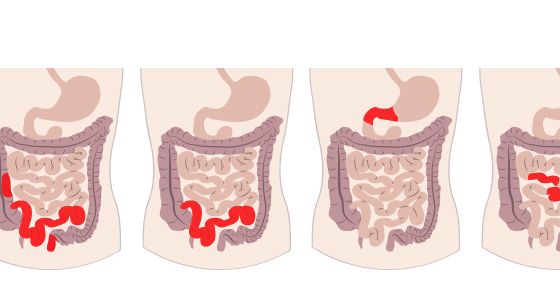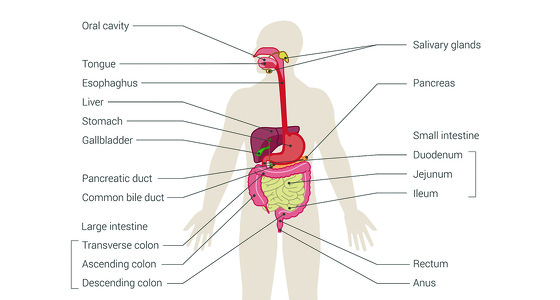
Unfortunately the short answer is that no-one really knows what causes IBD. There are lots of theories as to what the causes may be and research is ongoing.
There are lots of theories as to what the causes of inflammatory bowel disease (IBD) - Crohn's disease, ulcerative colitis and microscopic colitis - may be and research is ongoing. It was previously believed that diet and stress could be the cause and, although they may be factors which aggravate the disease, they are not considered to be causes anymore.
It is now believed there are number of different factors which contribute to the cause. These include...
IBD is believed to be an autoimmune condition - in which a person’s immune system attacks healthy cells in the body by mistake.
Some researchers believe IBD may be caused when the body is trying to fight an infection and the immune system mistakenly attacks healthy tissue as well.
Other researchers think a viral or bacterial infection triggers the immune system but for some reason it doesn’t stop fighting once the infection has gone and causes long-term inflammation.
And, yet another suggestion, is that the immune system may just malfunction by itself without an infection acting as a trigger.
Studies have found that more than one in four people with ulcerative colitis has a family history of the condition and that about three in 20 people with Crohn’s disease have a close relative with the disease.
IBD is also more prevalent in certain ethnic groups than others, suggesting that genetics may play a role.
For example, Jews of European descent (Ashkenazis) are four times more likely to develop IBD than the general population. In the past IBD has tended to affect Caucasians more, however there has been a steady increase in recent years of IBD among other ethnic groups.
Researchers have found several genes that seem to make people more likely to develop IBD, however research into this area continues.

Some people believe that the environment around us and the way we live our lives may have an affect on our chances of developing IBD.
IBD is more common in more developed countries. The rate of cases is also increasing in countries which are being more ‘westernised’ such as parts of Asia. It has become more widespread since the 1950s. This suggests that it is something, or a combination of things, in the modern western lifestyle that may have an impact.
Environmental factors that have been studied include air pollution, certain diets, taking antibiotics and oral contraceptives. Studies into environmental factors continue.



